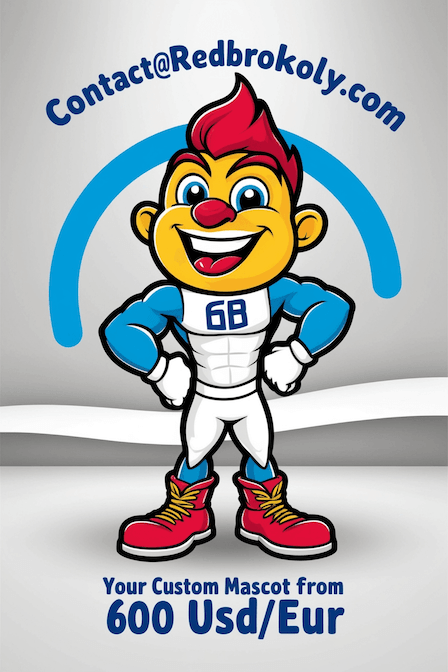The Power of Mascots in Brand Marketing Strategy
Mascots: An Essential Marketing Asset to Strengthen Brand Identity
In the world of marketing, mascots play a crucial role in enhancing the visual identity of companies, regardless of their field of activity. In addition to being recognizable visual representations, mascots have the power to create a strong emotional connection with the target audience, making them an essential marketing tool for any effective branding strategy.
Creating a Strong Emotional Connection with the Target Audience
Mascots have the unique ability to evoke emotions and create lasting memories in consumers. Their playful and friendly appearance helps capture attention and promote audience engagement, which is essential for establishing trust with potential customers. By associating values and personality traits with a mascot, companies can effectively communicate their message and stand out from the competition.
Communicating Key Messages in a Playful and Memorable Manner
Mascots offer an original and creative approach to conveying important messages in a playful and memorable way. With their attractive visual nature, mascots can simplify complex concepts and make information more accessible to the public. Their use in marketing campaigns helps captivate consumer attention and convey specific values associated with the brand.
Increasing Brand Awareness and Promoting Engagement on Social Media
By integrating a mascot into their communication strategy, companies can increase their visibility and stand out in the market. Mascots become brand ambassadors, thereby strengthening its visibility and recognition among the public. Furthermore, using mascots on social media can boost engagement from followers, drive traffic to the company's website, and promote content virality.
Creating a Lasting Impression on Customers
A well-designed and well-integrated mascot in a company's marketing strategy can leave a lasting impression on its customers. By associating positive emotions with the brand, the mascot becomes a loyalty and recognition element for consumers. It contributes to shaping a strong and memorable brand identity, which can result in long-term relationships with customers.
Conclusion
In conclusion, mascots are an essential marketing asset to enhance companies' visual identity, communicate key messages in a playful and memorable way, increase their visibility, and promote engagement on social media. With a well-thought-out mascot, companies can differentiate themselves from the competition and leave a lasting impression on their customers. Therefore, it is crucial to integrate mascots into a comprehensive branding strategy to maximize the brand's impact and visibility.











